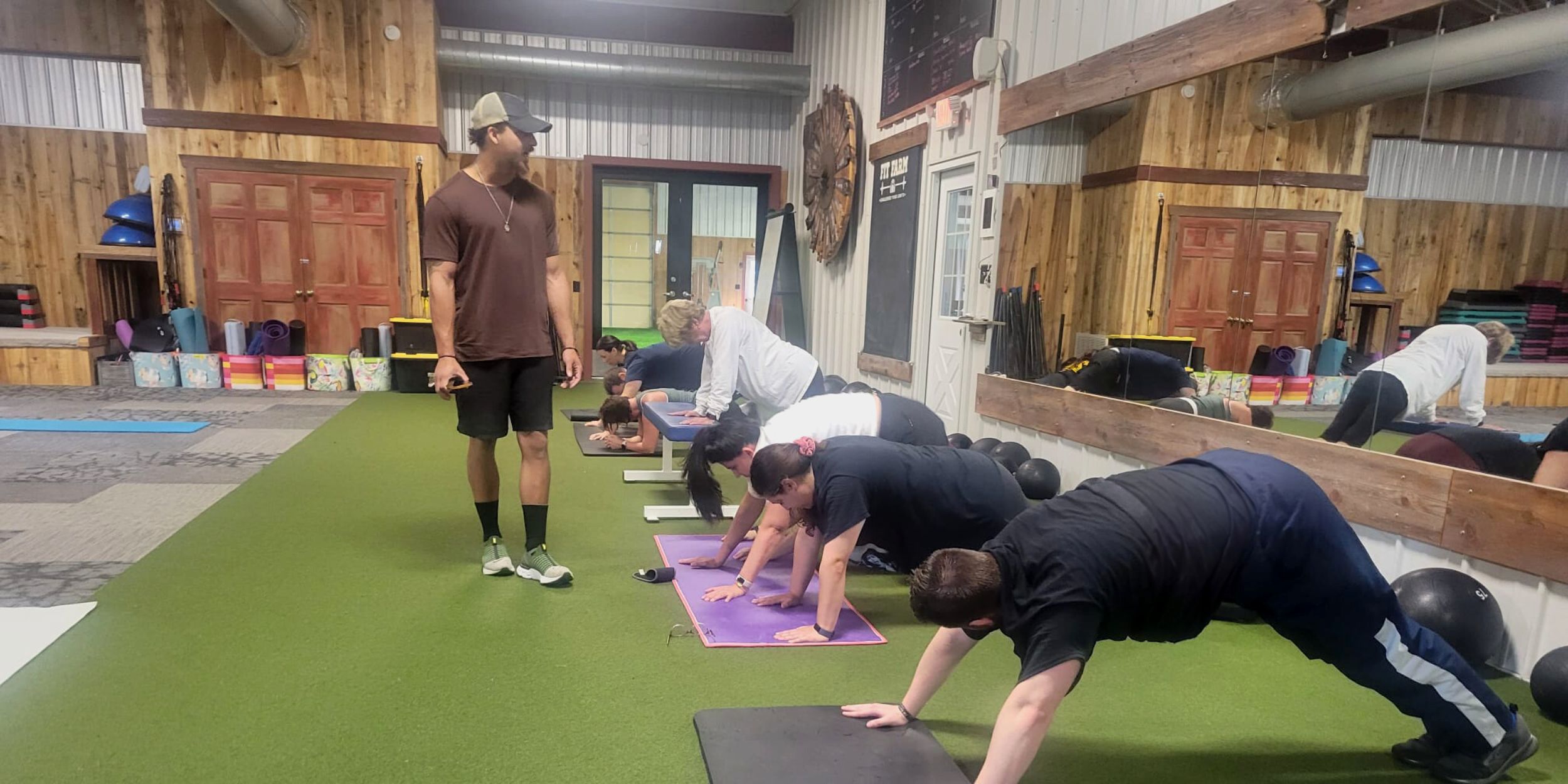
1. Determine Your Goals and Needs for a Personal Trainer
- What specific fitness goals do I want to achieve? Is it weight loss, strength building, flexibility, or overall wellness?
- Are there any medical conditions, injuries, or limitations the trainer should know?
- What is my preferred training style? Do I enjoy cardio workouts, strength training, group classes, or a combination? Or honestly, I'm just not sure and need to explore options?
- How much time and commitment can I dedicate to my fitness journey?
- Do I have any specific preferences or requirements for a training facility or trainer's expertise?
- Do I want someone who focuses solely on fitness or a more comprehensive coach who can help with fitness and nutrition?
2. Finding a Personality Match with a Personal Trainer
Compatibility and Chemistry
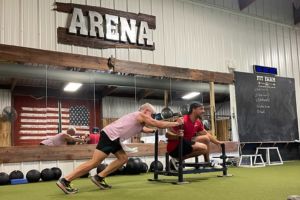
Trust and rapport are vital in any trainer-client relationship. Seek a trainer with whom you feel comfortable and can easily communicate your needs and limitations. Finding someone you click with on a social and ideological level will help keep the sessions interesting and ultimately keep you consistent in your training.
Communication and Motivational Style
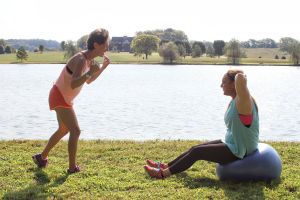
Determine whether the trainer's communication style aligns with your preferences. Some people thrive on tough love, while others respond better to a more empathetic and nurturing approach.
Encouragement and Support
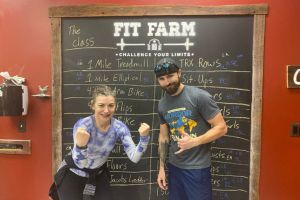
3. Finding a Facility Suitable to Your Goals
Equipment and Resources
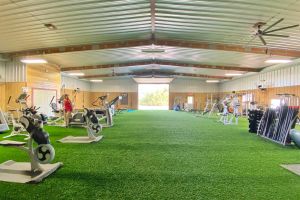
Ensure the facility has the necessary equipment and resources to support your training objectives. For example, if you want to get stronger and build lean muscle mass, a gym mostly filled with cardio equipment won't get you to your goal as quickly and efficiently. Or if you have specific requirements, such as rehabilitation equipment or specialized machines, make sure they are available.
Conversely, when looking for suitability within the facility, ensure that you understand why something is suitable for you. For instance, if your definition of an ideal facility is centered around majority weight training equipment, is that because that is the current phase of training you are in or because that is where you've always been comfortable. If you haven't yet considered any other options, it may be beneficial for the facility to be a hybrid setup and offer yoga or athletic-based mobility training in conjunction with weight training. Make sure you are not setting criteria for yourself strictly out of familiarity and are actively pursuing overall wellness, whether within the confines of your comfort zone or not.
Cleanliness and Atmosphere
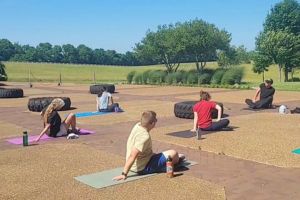
4. Thorough Consultation and Due Diligence
Fitness Assessment
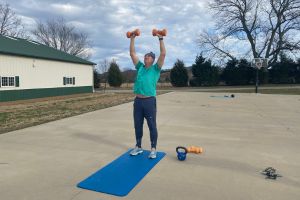
A good personal trainer will assess your baseline movements, known as the primal movement patterns, to see where you are currently, as well as understand your exercise and fitness history. This information helps them tailor a program that suits your individual needs.
Health Assessment
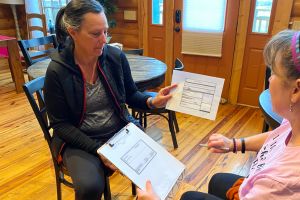
They should also review your health history, including current or prior medical conditions or injuries. By taking this wholistic approach, they can better understand your overall health and identify any factors affecting your training or performance while prioritizing your health and safety.
Goal Setting

The trainer should take the time to discuss your goals and aspirations, both short-term and long-term. They should then explain how they plan to help you achieve these objectives.
Progress Tracking and Adjustments
5. Effective Communication of a Game Plan
Verbalize a Rough Estimate
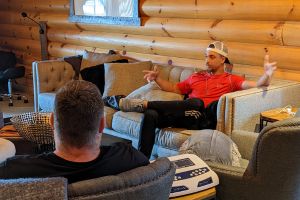
Immediately after your assessment, the trainer should be able to effectively vocalize at least a rough estimate of what the game plan will look like going forward in the next month, 3 months, and over the course of the year. It will take them time to put together a full plan, but you should receive an upfront estimate of what to expect.
Clear Expectations
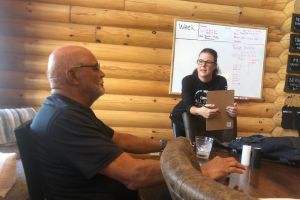
The trainer should provide a detailed overview of what you can expect from your sessions, including the frequency of workouts, the duration of each session, and the progression of exercises.
Education and Guidance
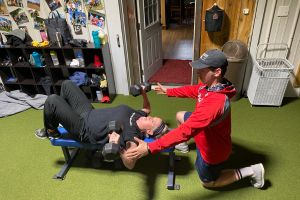
A knowledgeable personal trainer will explain the rationale behind their exercises and training methods. They should empower you with the knowledge and skills to make informed decisions about your fitness journey.
Open Communication
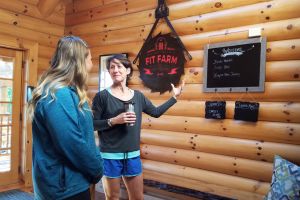
Finding the perfect personal trainer is a multi-step process that begins with defining your fitness goals and needs. By determining your goals and understanding your preferences, you can effectively communicate your requirements to potential trainers. Additionally, consider aspects such as personality match, facility suitability, thorough consultation, and effective communication of a game plan. Remember, your personal trainer should possess the necessary expertise and be someone who inspires and motivates you. When you find the right match, the trainer-client relationship becomes a powerful tool for unlocking your fitness potential.
So, take the time to evaluate your goals, interview potential trainers, and find a personal trainer who will guide you on your fitness journey with knowledge, support, and understanding. With their expertise and your dedication, you can achieve remarkable results and embrace a healthier, happier lifestyle.
Fit Farm at Rock Springs is a residential fitness retreat with a team dedicated to prioritizing your well-being during your stay with us. Your journey doesn't have to end once your time on the farm is over; our virtual Afterburn program extends our services beyond our property. If you connected with one of our trainers during your stay and want to continue working with them, let us know! We're thrilled to discuss how the Afterburn program can benefit your fitness journey. Contact us today!
